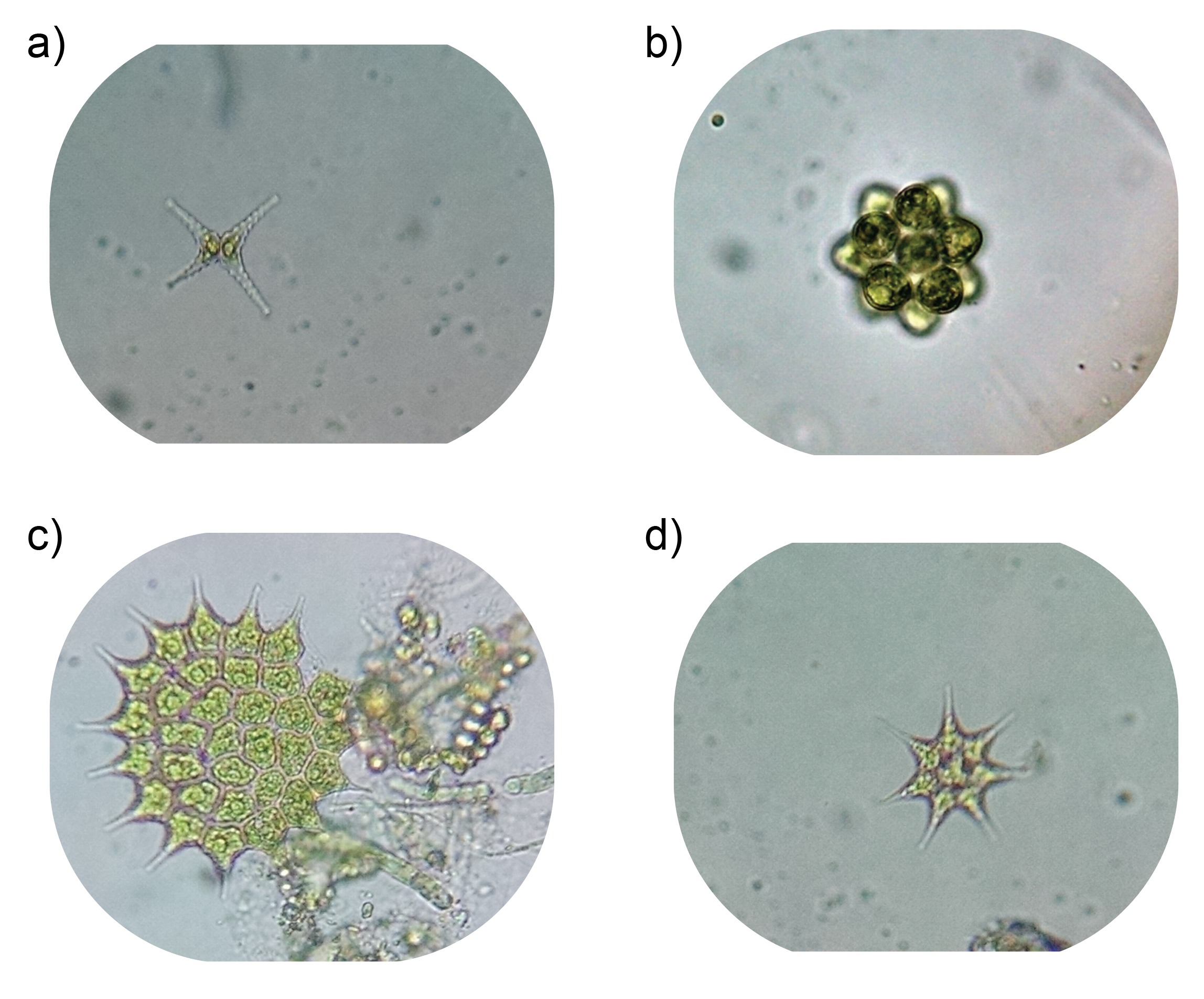 |
|
The production of essential fatty acids (Omega 3, 6, 9) from microalgae consortia and from Chlorella sp., using urine as a culture medium, was analyzed in this study. These microorganisms require a supply of nutrients and light to stimulate their growth; and through variations of these factors, it is possible to improve lipid synthesis, fundamental elements for the production of value-added products. The BG11 culture medium was replaced with a urine-based medium (MOB) to cultivate a microalgae of the genus Chlorella sp, native to the State of Nuevo León. The growth of the microalgae in MOB was increased when compared to its growth in BG11. An improvement was also observed in the production of fatty acids and proteins, where the cultivation of Chlorella sp. with the urine medium (MOB) showed an average production (%) of 17.22% saturated fatty acids (SUFA's), 22.03% of monounsaturated fatty acids (MUFA's) and 60.73% of polyunsaturated fatty acids (PUFA's), demonstrated also in the high concentrations of mainly linoleic and linoleic fatty acids in the microalgae. This work, shows that human urine as a culture medium, provides enough nutrients to increase the production of biomass and oils; therefore, the use of this organic residue as a nutritive medium can be considered a suitable source for the production of essential fatty acids.
Keywords: Microalgae; Urine; Lipid accumulation; Essential fatty acids; Sustainable processes.
|
|
 |

